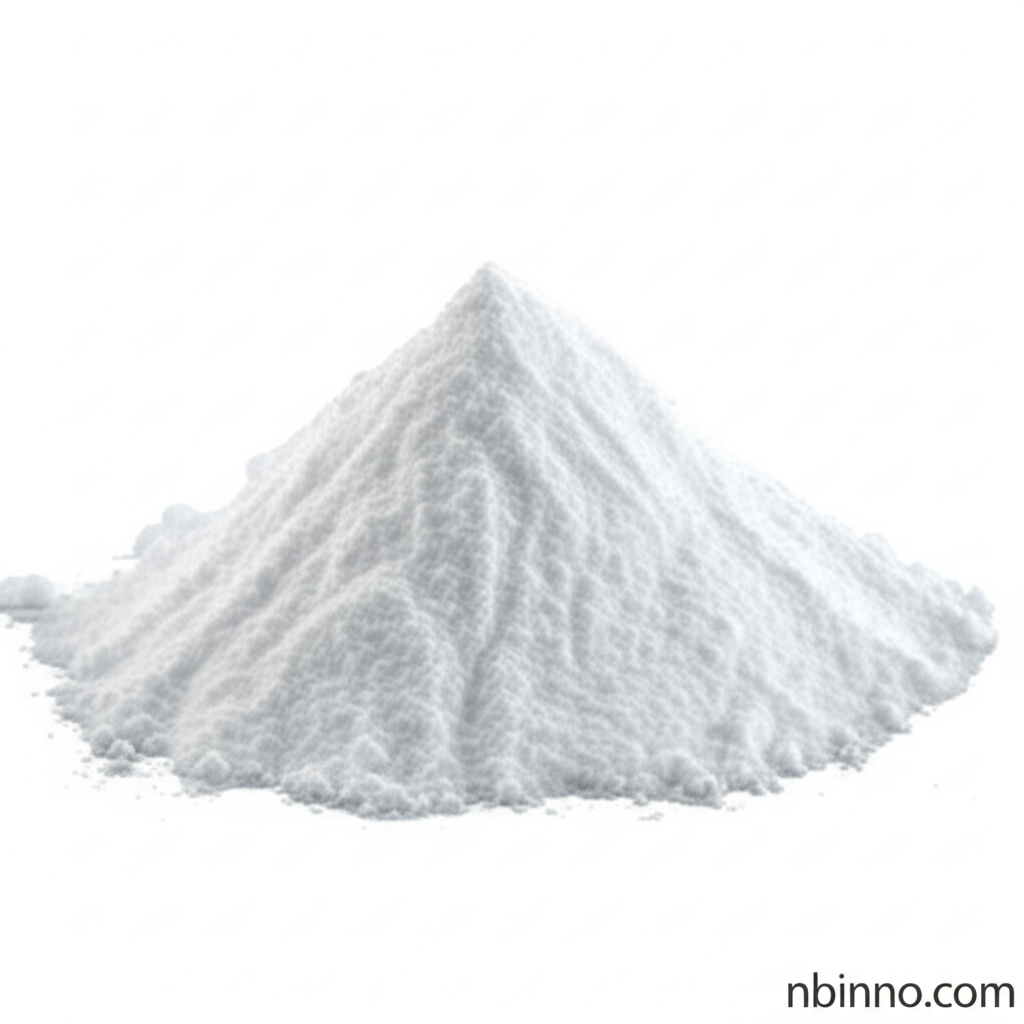Nervonic Acid (CAS 506-37-6): A Deep Dive into its Neuroprotective and Myelin-Supportive Properties
Discover the critical role of this monounsaturated fatty acid in brain health and myelin maintenance.
Get a Quote & SampleProduct Core Value

Nervonic Acid
Nervonic acid is a vital monounsaturated omega-9 fatty acid, primarily found in the brain and nervous system. Its significance lies in its role in the biosynthesis and maintenance of the myelin sheath, essential for proper nerve function. Research indicates its potential in mitigating neurological disorders and supporting overall brain health.
- Explore the neuroprotective properties of nervonic acid, showing promise in reducing oxidative stress and inflammation in neuronal cells.
- Understand the nervonic acid sources and production methods, highlighting its natural origins and potential for enhancement.
- Investigate the nervonic acid metabolism and its implications for cognitive function and lipid homeostasis.
- Learn about the nervonic acid benefits for individuals with demyelinating diseases, offering insights into its therapeutic potential.
Advantages Provided by the Product
Enhanced Myelination Support
Nervonic acid is essential for the biosynthesis of nerve cell myelin, contributing to the integrity and functionality of the nervous system. Understanding nervonic acid for multiple sclerosis research reveals its role in conditions where myelin is compromised.
Neuroprotective Effects
The compound exhibits neuroprotective capabilities by helping to combat oxidative stress and inflammation, crucial for preserving neuronal health and function over time.
Cognitive Function Improvement
Emerging research suggests that nervonic acid may play a role in enhancing cognitive functions, making it a compound of interest for brain health and aging.
Key Applications
Neuroscience Research
Used extensively in studies focusing on brain health, lipid biology, and the mechanisms behind neurological disorders. Investigating nervonic acid synthesis provides insights into its biological pathways.
Health Food Formulations
Incorporated into health foods and supplements aimed at supporting brain development and function, particularly for infants and the elderly.
Cosmetics Industry
Its beneficial properties are also recognized in cosmetic applications, potentially for skin and hair health.
Treatment of Neurological Disorders
Studied for its potential in treating conditions such as adrenoleukodystrophy and multiple sclerosis, where deficiencies in nervonic acid are observed.
